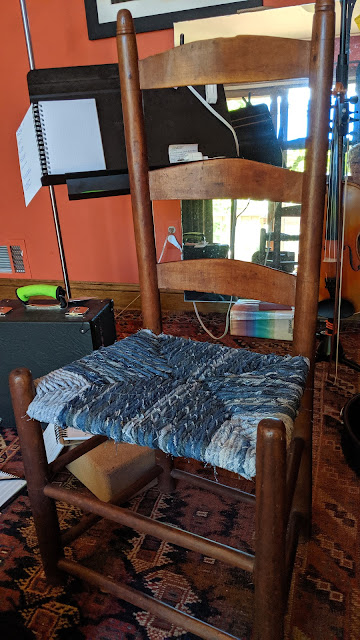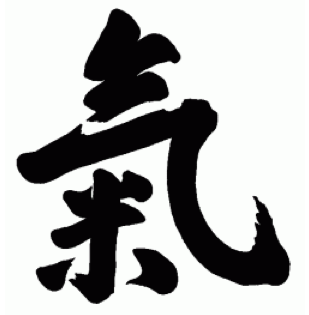Improving Your Ability to Focus
Most beginners in Kokikai Aikido get caught up
in the excitement of learning techniques, throws, rolls and wrist locks. There is another way of approaching practice that can really multiply the results, not just in self-defense but in daily
life. All of the most accomplished practitioners of Kokikai incorporate this approach to their practice. It involves incorporating the following elements, among others:
- Focus
- Breathing practice
- Practicing calmness (while in an uncomfortable or stressful situation)
- Relaxing progressively
Some of these concepts are embodied in our basic principles. Others should evident from the way we practice.
In this post I'll address improving focus. In future posts I'll
address other elements.
The Benefits of Better Focus
Most people will admit to being pretty easily distracted. We could all use more practice in focusing, for many reasons. In self defense, focus is essential. Your mind must be totally in the present if you are going to respond effectively to an attack. In aikido class, if you can focus, you'll be better able to understand what the instructor is showing. If we can focus in daily life, we're more able to listen to what others are saying. If you're a student, focus can help with reading comprehension, listening and understanding in class, and your ability to study, write, memorize and do calculations. Focus can have similar benefits in your work and home life.
Your Ability to Focus Improves with Practice
It's very easy to practice focus, and practice really helps improve your ability.
Most people will admit to being pretty easily distracted. We could all use more practice in focusing, for many reasons. In self defense, focus is essential. Your mind must be totally in the present if you are going to respond effectively to an attack. In aikido class, if you can focus, you'll be better able to understand what the instructor is showing. If we can focus in daily life, we're more able to listen to what others are saying. If you're a student, focus can help with reading comprehension, listening and understanding in class, and your ability to study, write, memorize and do calculations. Focus can have similar benefits in your work and home life.
Your Ability to Focus Improves with Practice
It's very easy to practice focus, and practice really helps improve your ability.
Start by setting an intention that when you practice, that you will try to focus. Do your best to keep that intention from the
time you bow onto the aikido mat until you bow off. While sitting and
watching the instructor, see how long you can pay attention before you drift
off into related or unrelated thoughts. When you hear an unexpected noise, or
someone walks into the dojo, see if you can stay focused on the instruction,
instead of letting your attention be carried away by the distraction.
When you do find you have drifted away, gently bring
yourself back, without judgment (that's just another distraction!), and begin to focus again. As you practice more, you'll find you
can do it for longer and longer, and it will become easier and easier. Most of
us still become distracted, even after many years of practice, but we do so for
much shorter periods of time and come back to the present more quickly and
easily.
Advanced Techniques
More advanced students can deepen their ability to focus. Once you're familiar with most of the techniques, you may find it helpful to focus on one aspect of technique for an entire class. Some ideas:
More advanced students can deepen their ability to focus. Once you're familiar with most of the techniques, you may find it helpful to focus on one aspect of technique for an entire class. Some ideas:
- Note the instructor's posture for each technique: before, during, and after
- Locate the instructor's one point for each technique
- Note the amount of relaxation of nage's face
- Determine exactly when uke's balance was taken
- Focus on the instructor's feet




Comments
Post a Comment